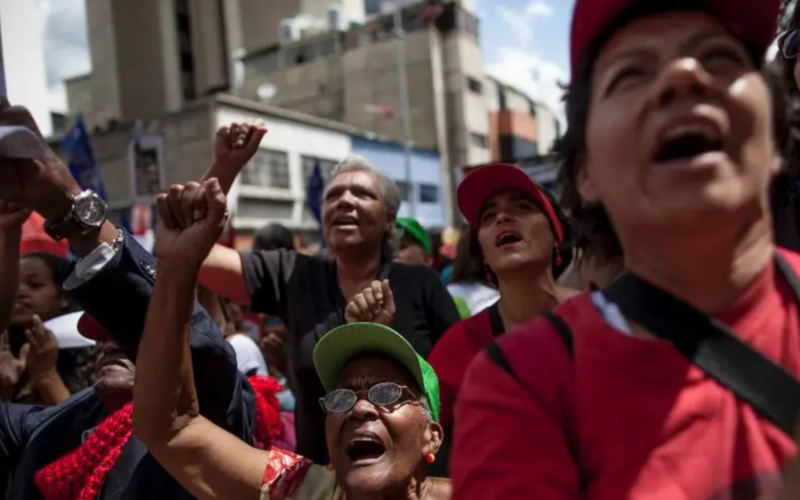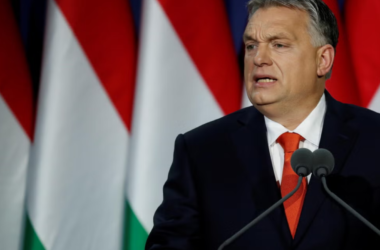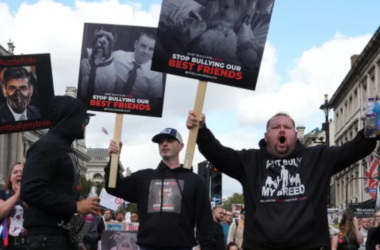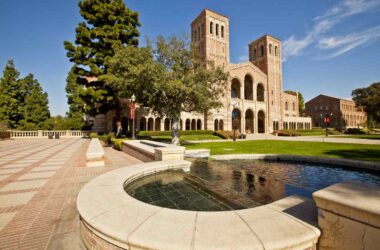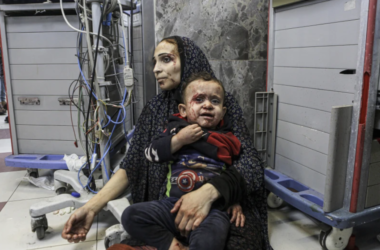Venezuela, a nation mired in political turmoil and international controversy, has seen a glimmer of hope as five individuals, including prominent opposition figures, have been released from prison. The release follows a complex agreement between the opposition, led by Gerardo Blyde, and President Nicolas Maduro’s government. Crucially, the United States, under Secretary of State Antony Blinken, exerted significant pressure on Maduro’s administration to secure the freedom of specific prisoners.
The United States set a deadline for President Maduro, demanding that he initiate key reforms to improve the political climate in Venezuela. Secretary Blinken stipulated that by the end of November, the Maduro government must commence the process of allowing opposition presidential candidates to participate freely in the political arena. Furthermore, the U.S. urged the release of political prisoners and individuals unjustly detained, including Americans held in Venezuela.
The negotiations between the opposition and the Venezuelan government have been intricate and multifaceted. While Washington’s demand played a pivotal role, reaching an agreement in a nation grappling with complex political dynamics was no easy task. Venezuela’s leadership has yet to confirm the list of released prisoners, as announced on social media by Gerardo Blyde, who led the opposition’s negotiation efforts.
Amid the ongoing developments, tensions have flared. Jorge Rodriguez, head of Venezuela’s delegation in the opposition talks, criticized U.S. officials, particularly Antony Blinken and advisor Juan Gonzalez, for their alleged “ignorance” regarding Venezuela’s legal system. Although Rodriguez did not specify the exact comments that provoked his response, his remarks underscore the challenges of diplomatic interactions in the Venezuelan context.
Among those freed are journalist Roland Carreno of the opposition party Popular Will and former legislator Juan Requesens from the Justice First party, who had been under house arrest. While these releases offer hope to opposition groups and their supporters, the situation remains complex and dynamic.
The release of these five prisoners in Venezuela marks a significant development in a nation grappling with deep political divisions. The delicate negotiations between the opposition, government, and international actors demonstrate the intricate nature of resolving the country’s crises. As the world watches, Venezuela’s path to stability and reconciliation remains uncertain, with ongoing challenges to overcome.




